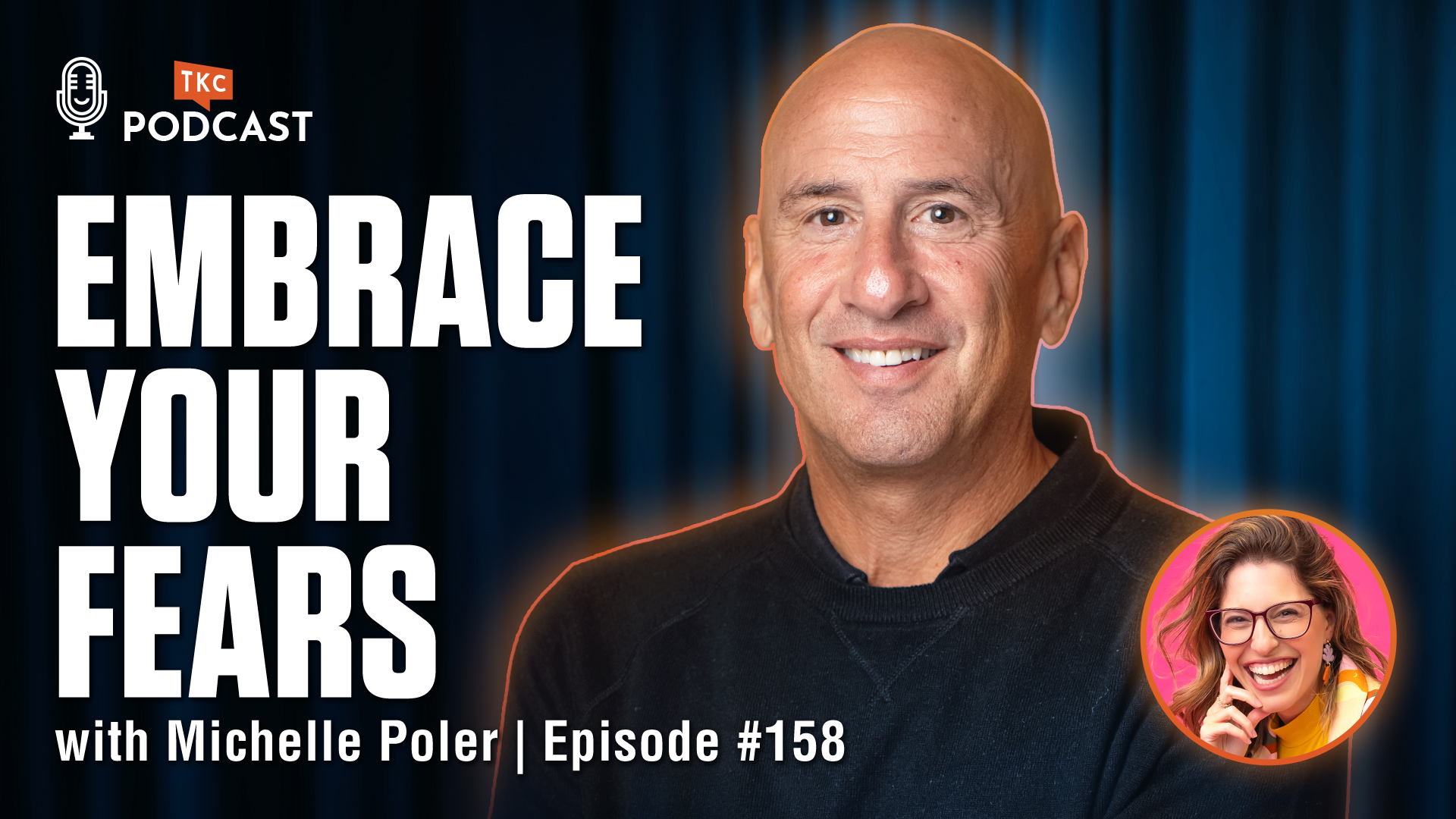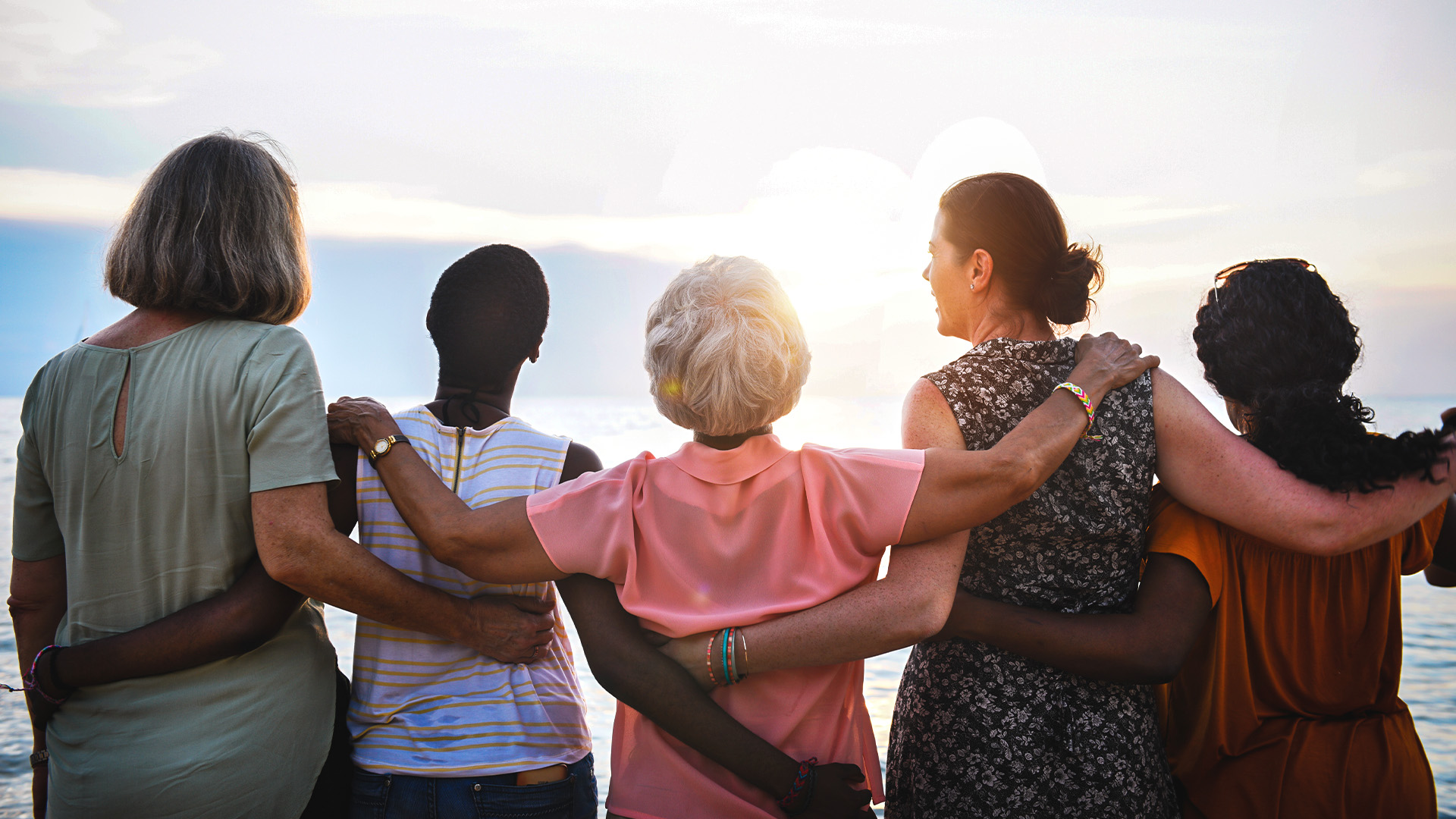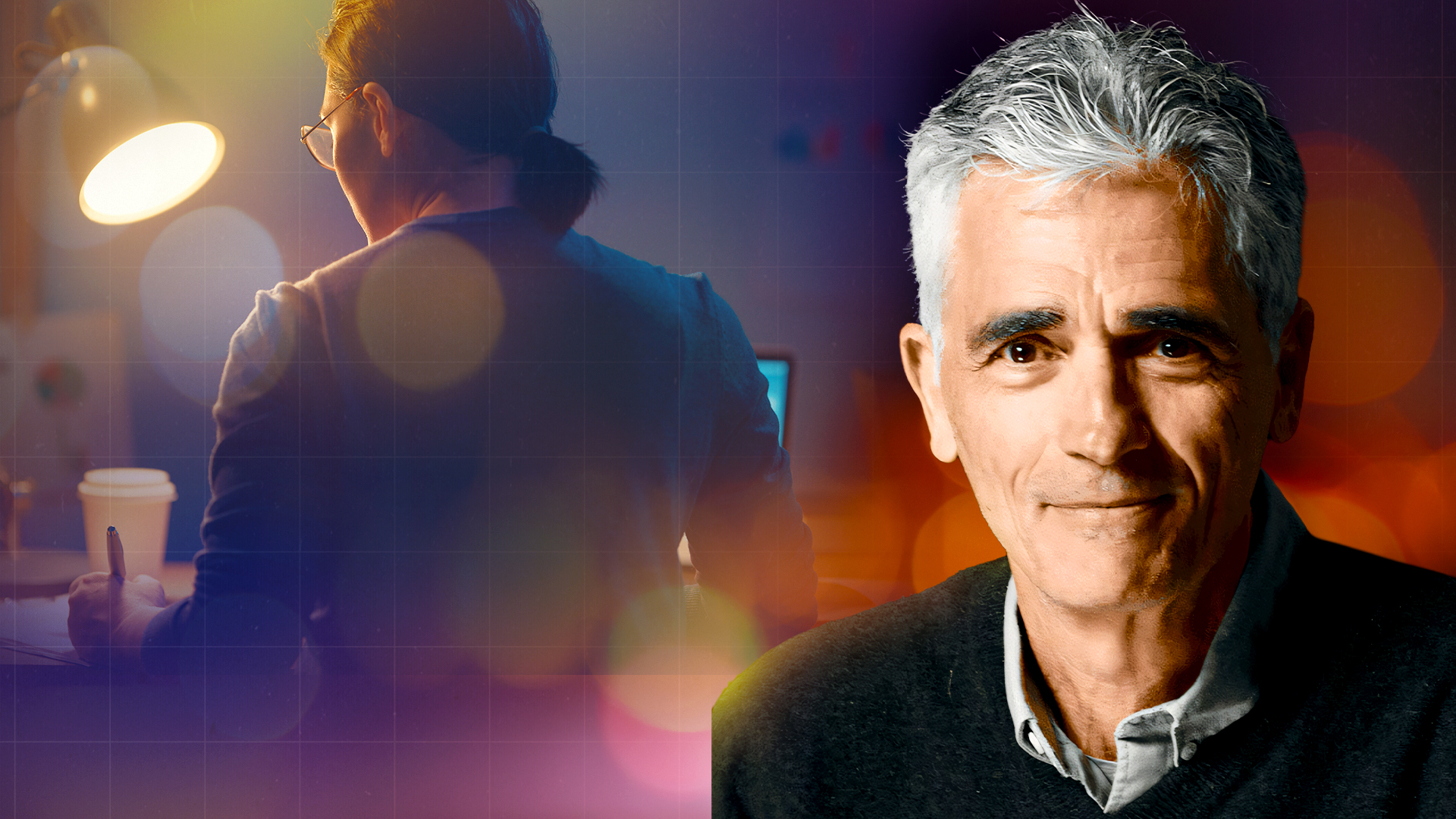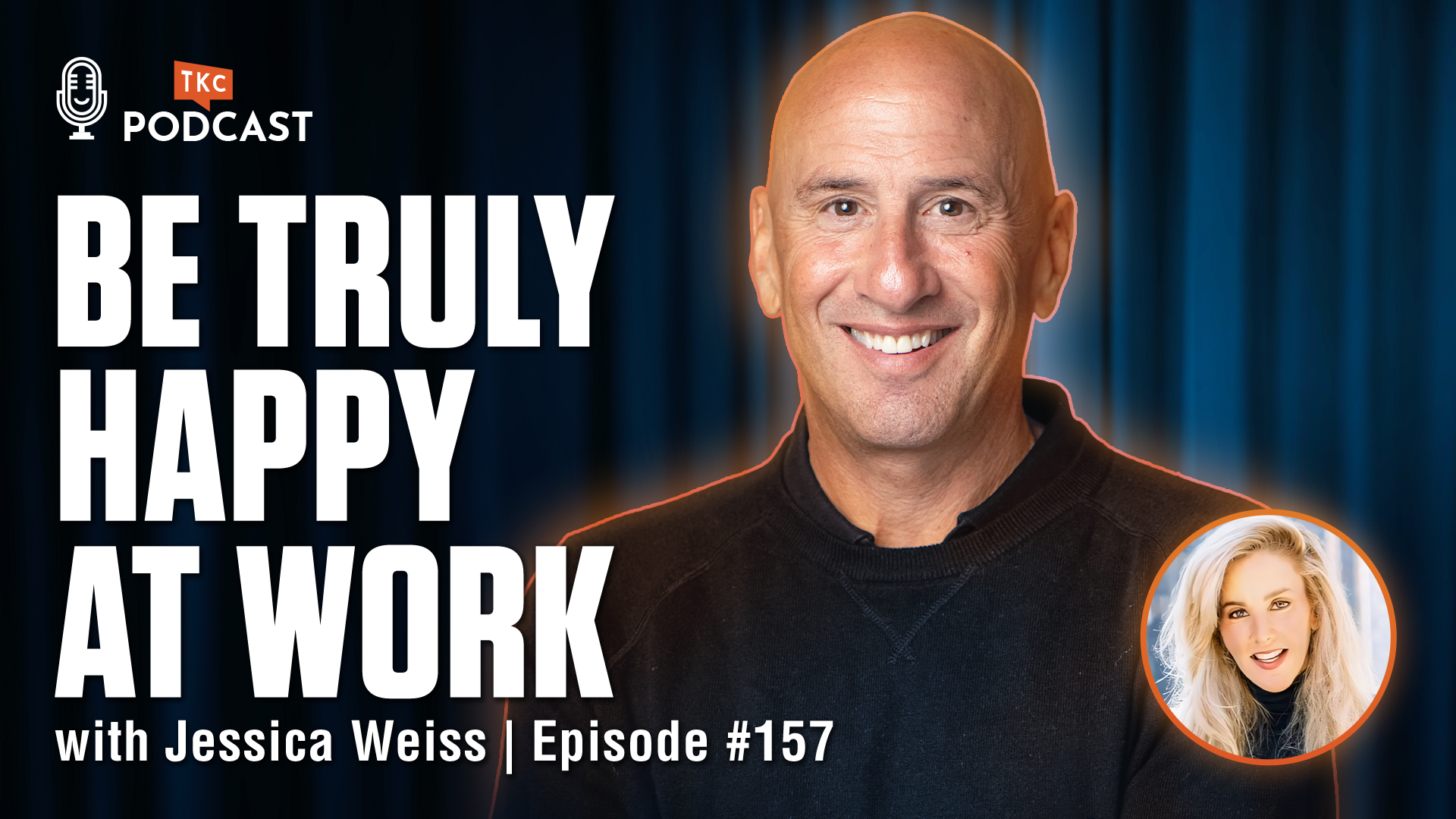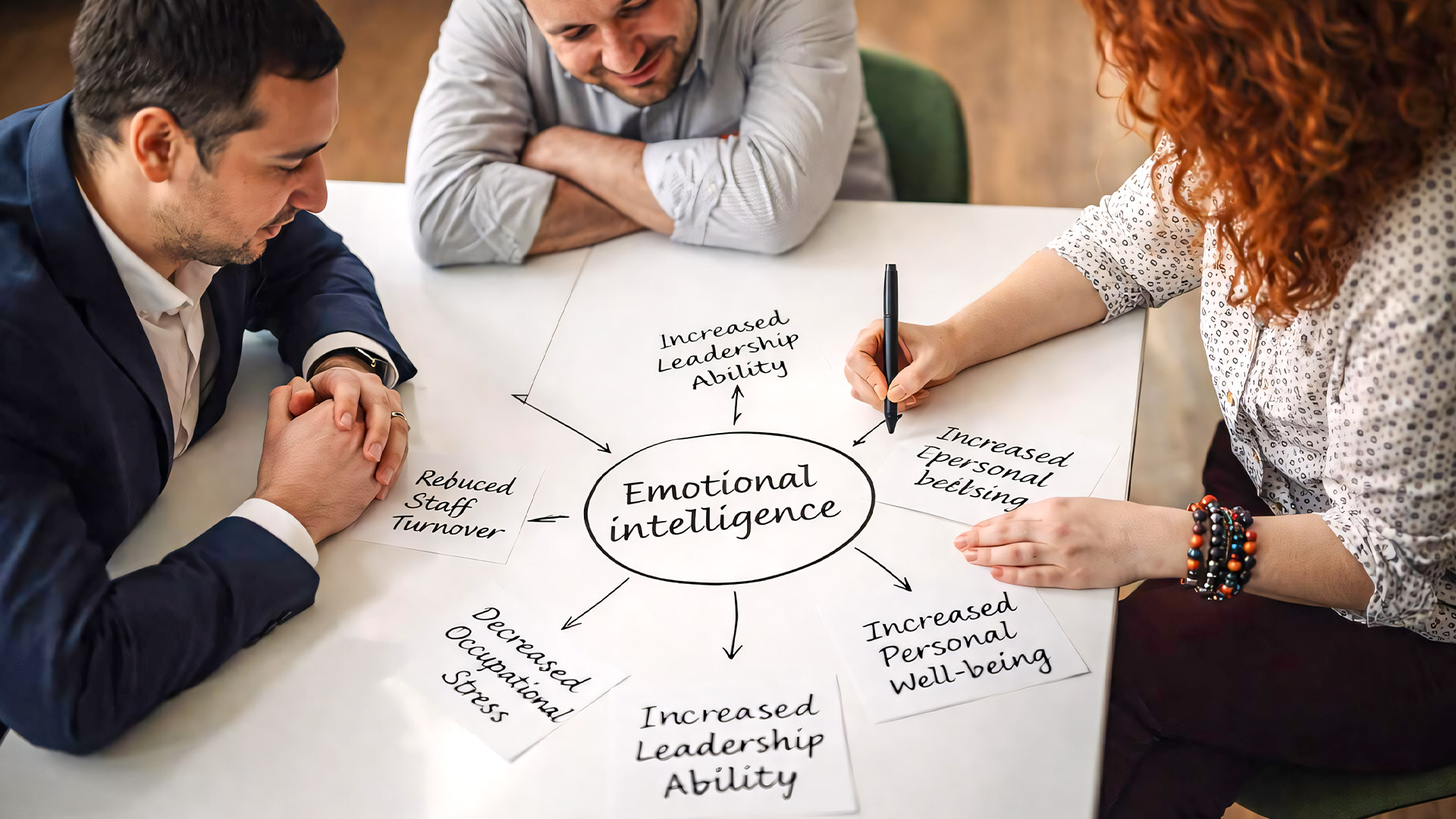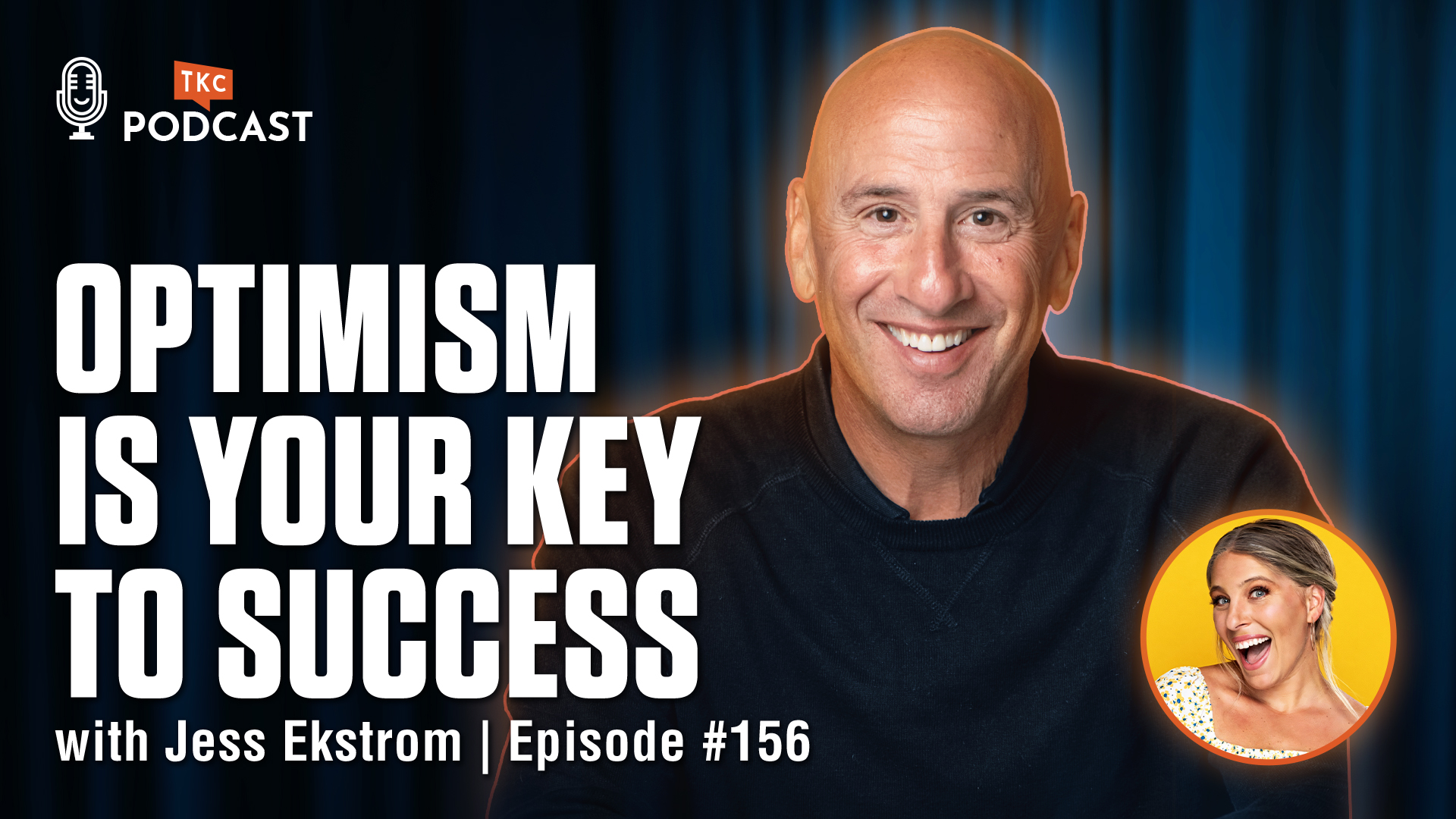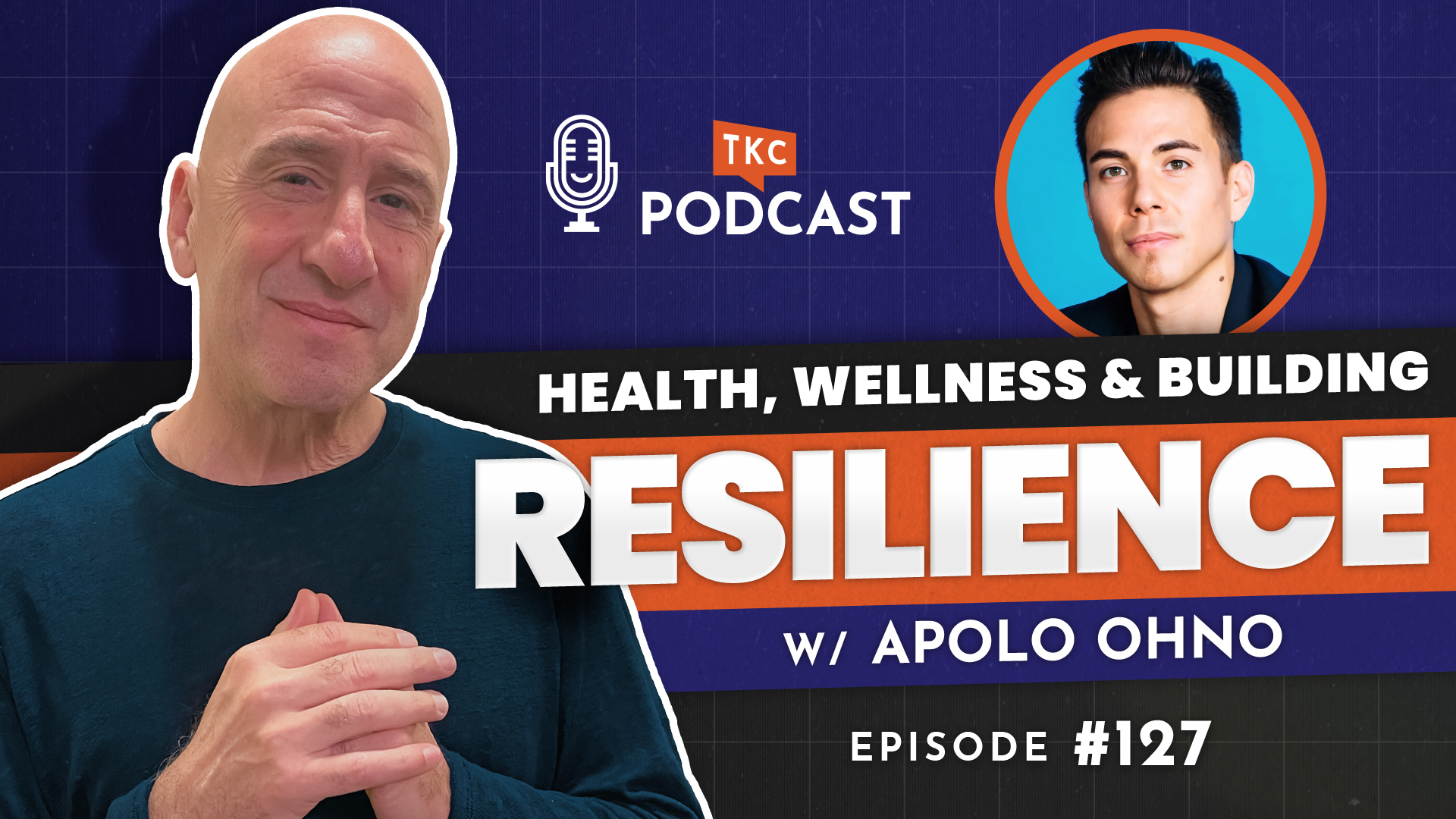
July 10, 2025Olympian Apolo Ohno Insights on Resilience, Health & Well-Being
Olympian Apolo Ohno shares actionable strategies to cultivate resilience, boost health, and master pivots in business and life on The Keynote Curators Podcast.
Most people say they understand resilience, but few have truly tested its limits the way Apolo Ohno has. As the most decorated American Winter Olympian, his eight medals—two of them gold—are trophies of grit and mental toughness. Yet, it’s his post‐athletic journey as a best selling author, entrepreneur, and health advocate that underscores his belief: resilience isn’t just for athletes. It’s a life skill, a leadership competency, and a path to better health & well-being.
? Watch and listen to the podcast episode: YouTube • Spotify • Apple Podcasts • Amazon Music
Apolo’s story begins on the ice, where milliseconds separate victory from defeat. But the same mindset that powered him to Olympic glory now fuels his work in business boardrooms and wellness retreats. He teaches that the secret to excelling under pressure isn’t sheer willpower; it’s the ability to adapt, recover, and grow stronger after every challenge. Over the next few thousand words, we’ll explore:
- The mindset pivot that turns setbacks into stepping stones
- How “responding” beats “reacting” when stakes are high
- Practical self‐care habits that elite performers swear by
- Ways to reinvigorate your energy, focus, and joy
Redefining Resilience: What It Really Means
Resilience isn’t an innate trait you either have or lack. According to Apolo, it’s a skill set—an intentional blend of self‐awareness, adaptability, and strategic rest. When he fell short of a podium finish in Sochi, he didn’t see failure; he saw data. What could he tweak—his training, sleep schedule, or mindset—to close the gap? That question powered his comeback four years later in PyeongChang.
In business leadership, the same principle applies. It isn’t about avoiding adversity; it’s about framing disruption as an opportunity. Companies that embrace change—rather than fear it—often outpace those clinging to the status quo. Apolo draws parallels between Olympic competition and corporate pivots: both demand split‐second decisions, composure under stress, and a willingness to learn on the fly.
Why Setbacks Are Data Points, Not Dead Ends
When you derail a project or miss a sales target, it feels personal. But Apolo urges us to externalize the outcome: it’s information, not a judgment on your worth. In one revealing segment, he recalls a near‐collision during a 1,000m sprint where he learned to anticipate others’ moves rather than react reflexively. That lesson, he says, transcends sport: in any team meeting or communication breakdown, anticipating needs beats scrambling to patch mistakes.
Similarly, leaders who treat mistakes as case studies—rather than excuses to assign blame—foster a culture where thought leadership and innovation can flourish. This echoes his mantra: “Gold medals don’t teach you as much as a bad race.” Every stumble invites analysis, adaptation, and growth.
The Power Pivot: How to Shift Gears When Plans Unravel
Pivoting isn’t just a buzzword in today’s entrepreneur world. It’s a survival tactic honed on ice. Apolo’s gold‐winning performance in the 2006 Turin Games followed an Olympic trials disaster earlier that season. By reframing his approach—slowing down starts to conserve energy for the final lap—he reclaimed momentum and delivered a stunning upset.
In corporate settings, a strategic pivot might mean redirecting a product’s features based on early customer feedback or overhauling a go‐to‐market strategy mid‐campaign. The key, Apolo says, is recognizing the moment to pivot before the pain becomes too great. Waiting too long turns a manageable glitch into a full‐blown crisis.
Spotting Pivot Points Before They Become Pitfalls
How do you know when to stay the course or change direction? Apolo suggests setting pre‐defined “health check” markers. In training, that could be heart‐rate thresholds; in business, key performance indicators like customer churn rates or sales velocity. When those metrics dip below a critical level, it triggers a pivot protocol—new tactics, fresh experiments, or reallocated resources.
This approach is not reactive; it’s proactive. It allows you to make small course corrections instead of dramatic U‐turns. And it ensures resilience isn’t a last‐ditch effort but an integrated mindset.
Mastering Self‐Care: The Athlete’s Guide to Sustainable Success
Peak performance demands more than fire drills and late nights. It requires deliberate recovery and wellness practices that recharge your body and mind. Apolo advocates a holistic self‐care routine that goes beyond the standard advice of “get eight hours of sleep.” In our conversation, he shares:
- How sauna sessions and cold plunges recalibrate the nervous system
- Why nutrition for elite performers focuses on micro‐ rather than macro‐dosing (think berries and nuts over protein shakes)
- The art of “strategic rest”—taking mini mental breaks that mimic athletic deload weeks
He notes that burnout is the blind spot of many high achievers. When your calendar is a badge of honor, you forget that sustained intensity without recovery simply erodes resilience. We’ll explore two core practices he swears by:
- Micro‐breaks: brief, frequent pauses—stretching, deep breathing, or stepping outside—to reset cognitive load.
- Biohacking rituals: personalized routines like infrared sauna sessions that counteract stress hormones.
Both can be implemented in an office cubicle or a living room—no Olympic training center required.
Responding vs. Reacting: The Mental Health Hack
One of Apolo’s most compelling lessons is the difference between responding and reacting. Reaction is an unfiltered, emotion‐driven impulse; response is a deliberate, mindful choice. He recounts a moment in Sochi when a minor equipment malfunction threatened his entire race. Instead of panicking, he took a conscious breath, assessed the problem, and executed a quick fix—then went on to medal.
In high‐pressure negotiations or crisis management, this shift can mean the difference between escalated conflict and constructive dialogue. By inserting a one‐second pause—just long enough to activate the prefrontal cortex—you transform a knee‐jerk reaction into a measured response. That sliver of time is where resilience is born.
Building a Champion’s Mindset: Daily Mental Conditioning
Physical training is only half the battle. Olympians spend nearly as much time in mental conditioning drills—visualization, goal setting, and positive self‐talk—as they do in the weight room. Apolo describes his daily morning routine:
- Visualization sessions: 5–10 minutes imagining perfect execution, including handling setbacks.
- Gratitude journaling: noting three specific wins from the previous day, however small.
- Affirmation practice: crafting precise, actionable statements (e.g., “I pivot well under pressure”) rather than vague pep talks.
These practices are tools any professional can adopt. They prime your brain for success, reinforce a resilient self‐image, and reduce the cognitive load of insecurity during tough challenges.
Reinvention as a Performance Skill
After retiring from competition, Apolo faced an identity crisis. Who was he without the pursuit of medals? His reinvention journey—from Olympic podiums to storytelling in bestselling memoirs and boardroom keynotes—required the same skills he honed on ice: rigorous preparation, pivot readiness, and a willingness to learn new disciplines.
Entrepreneurs and leaders often fear the blank slate. But Apolo reframes reinvention as a strategic competition: new challenges sparking fresh growth. Whether transitioning markets, adopting new technologies, or choosing a second career, you can approach reinvention with the same playbook that wins races.
Sustaining Resilience Through Community and Connection
No champion stands alone. Behind every medal is a support team—coaches, sports psychologists, nutritionists, and teammates. Apolo credits much of his longevity to this network. Similarly, building a resilient organization depends on nurturing corporate culture that values collaboration over competition, learning over pointing fingers.
We’ll examine how:
- Peer coaching circles foster mutual accountability
- Cross‐functional partnerships break down silos
- Celebrating small wins strengthens collective confidence
By embedding these practices, organizations become more like Olympic teams—equipped to face high‐stakes challenges together.
? Bring resilience and peak performance to your next event by booking Apolo Ohno
? Discover more inspirational & motivational voices who transform audiences
?️ Schedule a 15‐minute resilience strategy session
? Prefer email? Drop us a message
Tags: Olympic athlete
Discover More Insights
Get in TouchContact US
Fill out the form so we can best understand your needs.
A representative from The Keynote Curators will reach out to you.

